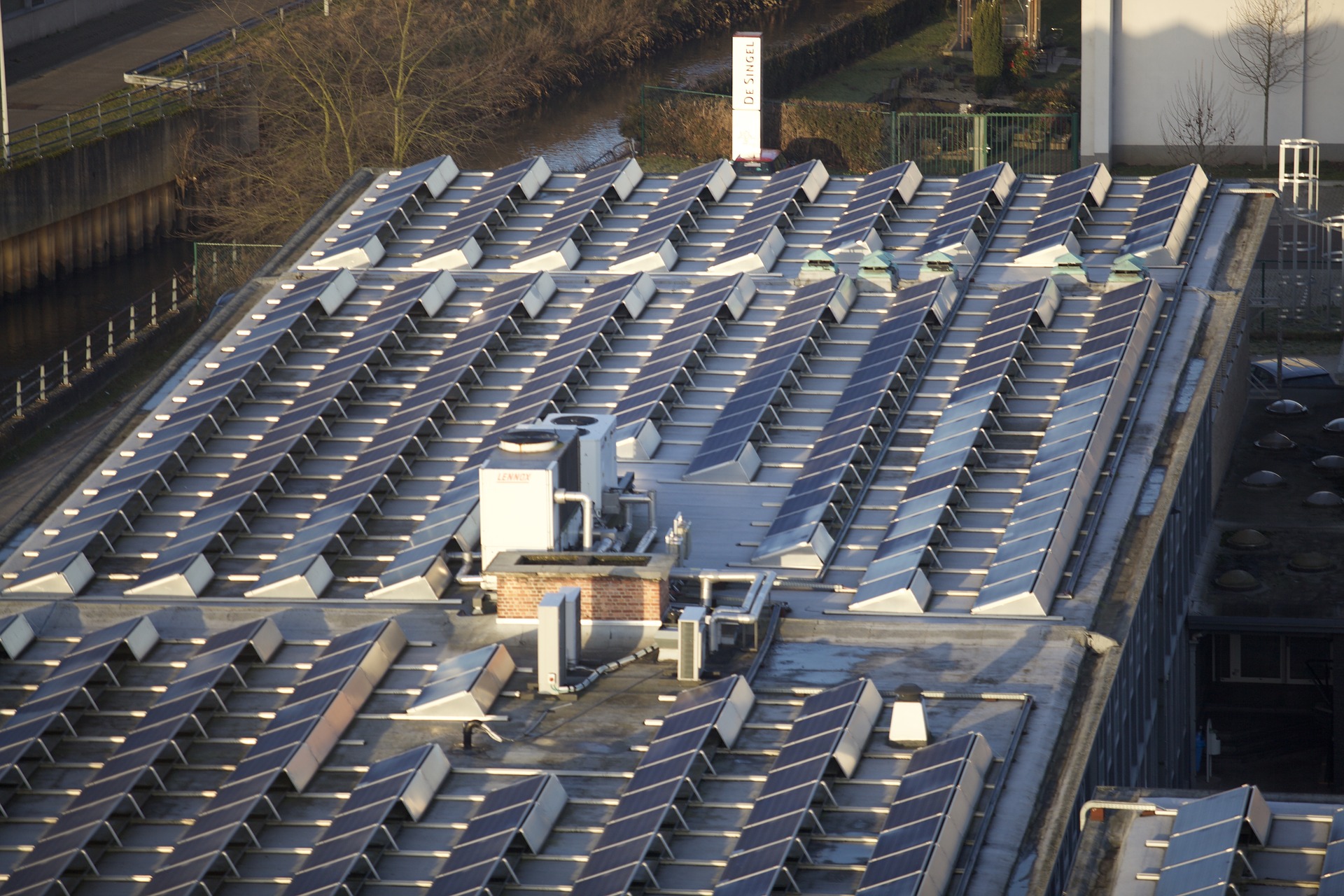Following on from its growth across the past decade, energy storage looks set to play a huge role in the future of the energy sector throughout 2020 and beyond. In places like New York and California, where renewable energy systems are already hugely popular, the implementation of energy storage alongside these renewables will play a defining role in the future of solar energy, wind power, and all kinds of energy sources.
The importance of energy storage has become increasingly apparent in recent years, but why is it so popular? What makes energy storage such an appealing prospect for energy consumers around the United States? Today we’ll try to answer these questions, highlighting just some of the great benefits of energy storage. Even if you’re not a solar energy consumer, this quick insight into energy storage should clarify its benefits and give you an idea of how it works.
The Benefits of Energy Storage
In simple terms, energy storage does exactly what the name suggests. It allows energy consumers of all kinds—residential, commercial, municipal—to store generated energy for later use. Below, we’ll outline a number of ways in which this principle of storing energy is beneficial for consumers.
- Increased Energy Value: Often, the intermittent nature of renewable energy sources is brought up as a means of detracting from the viability of renewables. For example, the wind doesn’t always blow and the sun goes down at night, so energy cannot be generated at these times. However, energy storage mitigates this, ensuring that renewably generated energy is available for consumers at all times.
- Backup Power: This is possibly the biggest draw of energy storage for prospective consumers. Energy storage provides safe, dependable energy in the event of power outages, blackouts, and damaging weather events. An energy storage system is a safeguard against unexpected power loss.
- Lower Energy Costs: Energy storage systems lead to lower energy costs in a couple of ways. Firstly, sourcing your power from an energy storage system allows you to avoid the higher energy prices often charged by utility companies at times of peak demand. Secondly, sourcing energy from battery storage bypasses any use of the grid, reducing collective “wear and tear” on the grid. This means less grid maintenance and, therefore, a lower likelihood of maintenance costs being passed onto the consumer over time.
- Environmental Benefits: By balancing out demand across the day, and taking the sting out of peak times, energy storage offers greater choice in terms of energy sources. When the urgency of a peak demand time, or the necessity of power in the short-term, is alleviated by the presence of energy storage, emissions are reduced. This is achieved by choosing renewable sources, or increasing generation more gradually (which lowers harmful emissions).
- Energy Flexibility: Of course, one big benefit of energy storage is its flexibility and compatibility in terms of energy sources. An energy storage system can work alongside any form of energy generation, be it solar power, wind power, or any other type of renewable energy. This means that energy storage can be implemented to suit consumer demand, further boosting its popularity across the energy sector.
If you’re interested in a solar-plus-storage system, or you want to add energy storage to your existing solar system, get in touch. Reach out to YSG Solar today—give us a call at 212.389.9215 or send an email.
By Shane Croghan
Sources:

